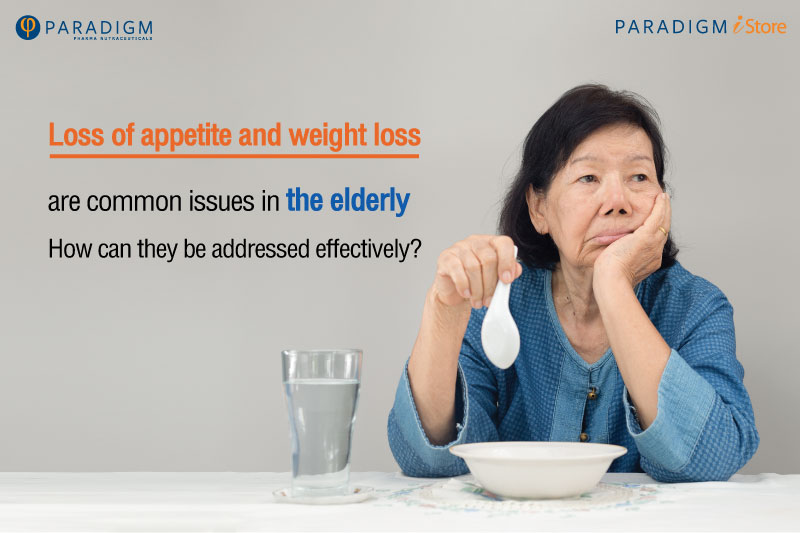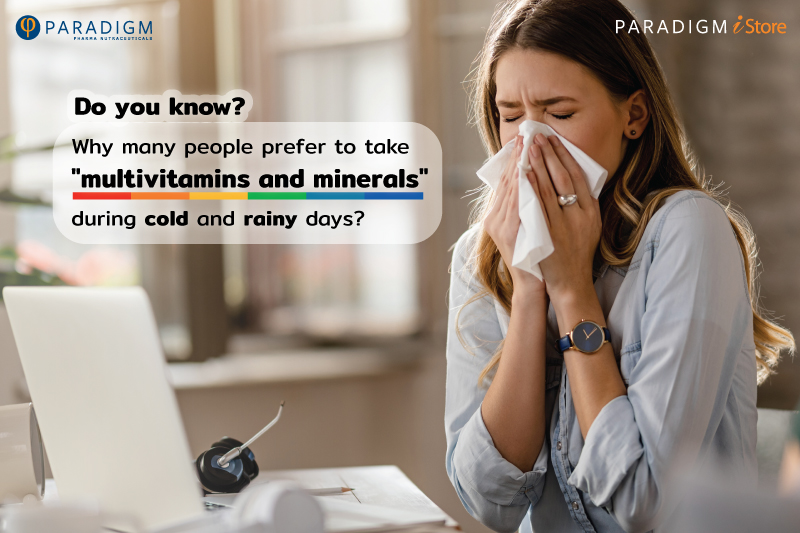“Cramp” is a condition of muscle cramping that causes pain and stiffness, often occurring suddenly and persisting for a period of time.
Tag Archives: supplements
As age increases, physical health begins to decline, leading elderly individuals to face various health issues.
Multivitamins and various minerals are considered essential nutrients for overall health. They enable cells to function normally and support
As we enter the transitional season from late rainy to early cold season, the weather often changes frequently, alternating between rain,





